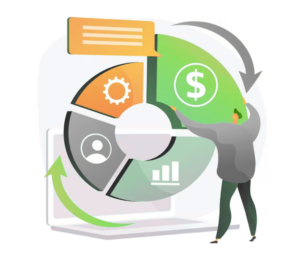Harvard Business School professor and the father of modern marketing, Theodore Levitt, asks a powerful question that every business leader, sales representative and marketing manager must answer: What business are you in?
The answer to this question will determine the future of your company. At this critical moment when the needs of your customers are changing, this question needs to be answered correctly.
The reality is that what you sell and what people buy are different. As I say in my book Revenue Growth Engine, “Buyers don’t buy products, they buy the outcomes the products deliver.”
Theodore Levitt would famously walk into his marketing class holding up an electric drill bit. He would tell the class that no one has ever purchased a drill bit, but what they bought was the hole. Some take it a step further and say that they aren’t buying the hole, they are buying the ability to hang a picture on the wall so they can look good to their friends. Others takes it even further, observing that the reason we want a picture on the wall is because of a primitive need to be part of a community, which will help ensure our very survival.
The point is, the buyer only bought the drill bit because they wanted the outcome the drill bit provided: a hole, a picture on the wall, the admiration of their friends, the ability to survive or some combination of the above.
What business are you in? When industries answer this question incorrectly, they set themselves up for failure.
Theodore Levitt also used the railroad industry as a case in point. The companies thought that they were in the railroad business when what customers were really buying was transportation. Had they seen this, they might not have lost business to transport trucks, buses, cars and airplanes. Instead, they would have seen the railroad as a means to deliver the outcomes their buyers wanted: getting conveniently and cost-effectively from point A to point B.
Gasoline stations can also be used as an example. Many think they are in the gasoline business. The reality is that nobody wants to buy gasoline. It is expensive, smelly and damaging to the environment. What they want is the outcome of being able to get to work, drive the kids to soccer practice or go on vacation. Gasoline is just a means to deliver that outcome. As soon as someone comes up with a better way to get the outcome, gasoline stations that don’t adapt are dead.
Dell thought it was in the computer business. As a result, it focused on creating an amazing supply chain that could deliver a cheap computer. Apple realized that it was in the business of helping people create ideas and share them. Computers (and iPhones, iPads, Apple Watches, Apple TV and the related services) are just a means to deliver the outcome its buyers want. As a result, Dell is struggling while Apple dominates the stock market.
Most businesses think they are in the business of delivering a product or providing a service. For example, if your business sells copiers, you may think that you are in the copy machine business. If you are an accounting firm, you may think that you sell tax preparation services. If you are an IT company, you may think you sell technical service.
The way to get the correct answer to this question is to consider the outcomes that our customers want. If you sell copiers, the outcome your customer wants may be an efficient office and professional documents so they can grow their business. This type of business might ask the question: What else could we deliver to help our customers get these outcomes?
If you sell tax preparation, the outcomes your clients want are to reduce their tax burden, get a faster return and reduce the risk of an audit. Rather than market the tax service, what if the agency’s message led with the outcomes they deliver.
If you sell IT services, your buyers probably don’t understand what you do. The outcomes they are buying are uptime so they don’t face the cost and frustration of downtime stopping their business. They are buying security so they don’t face the cost and embarrassment of a data breach.
What business are you in? What outcomes are your customers actually buying from you?
In the aftermath of the Covid-19 crisis, these questions will be especially important because the outcomes that your buyers want may have shifted. Recent Gartner research gave insight into the shift in outcomes buyers want. Before the crisis, 2019 research showed that “55% of organizational redesigns were focused on streamlining roles, supply chains and workflows to increase efficiency.” After the crisis, the desired outcomes have shifted to things like agility, flexibility and resilience.
Avoid being short-sighted. Focus on the outcomes your clients want and you have a much greater chance of earning their attention and their business. In the process, the shift of perspective might also allow you to see new ways to deliver the outcomes your clients want, creating new business opportunities.
Originally published on Revenue Growth Engine.




